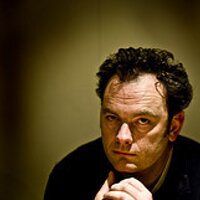
Matthew Clark
@matholomoo
Plant genomics researcher Natural History Museum (London), technology developer especially around genomics and next generation sequencing.
ID: 14943974
http://www.nhm.ac.uk/our-science/departments-and-staff/staff-directory/matt-clark.html 29-05-2008 13:31:52
359 Tweet
638 Followers
838 Following

Phew, what a Monday already! One back to reviewers & our AirSeq out in Current Biology! In a collaboration between Science at the Natural History Museum, Earlham Institute & John Innes Centre we apply air metagenomics to crops. Our first in line of many AirSeq projects! A🧵below. cell.com/current-biolog…
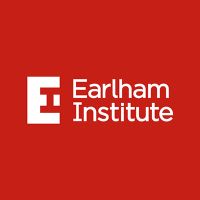
💬 "We've shown that this approach allows you to monitor agriculturally significant pathogens over time. It means we can arm farmers with the data they need to prevent crop losses.” - Richard Leggett ➡️ okt.to/riHsp3 Science at the Natural History Museum Matthew Clark #AirSeq
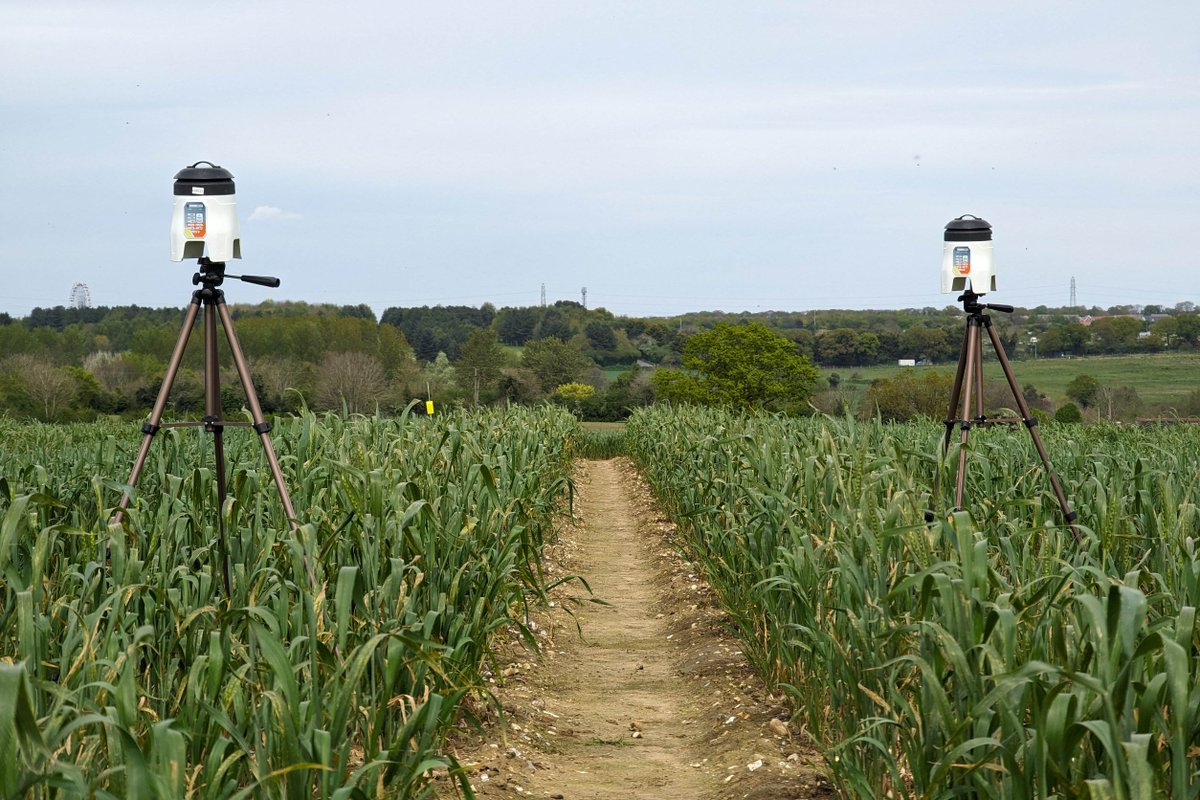

AirSeq detects DNA of fungal pathogens in the air, allowing farmers to spray crops more efficiently, saving money and promoting more sustainable farming - science from NHM Matt Clark Matthew Clark with Earlham Institute


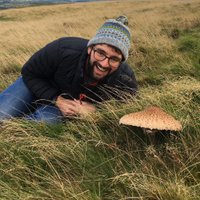
Really pleased to see our paper developing exome capture in Antarctic krill (Euphausia superba) published in @molecolgy resources, from our collaboration with Science at the Natural History Museum British Antarctic Survey 🐧 UEA School of Environmental Sciences and NERC Environmental Omics Facility. Here’s a thread on why we did this study
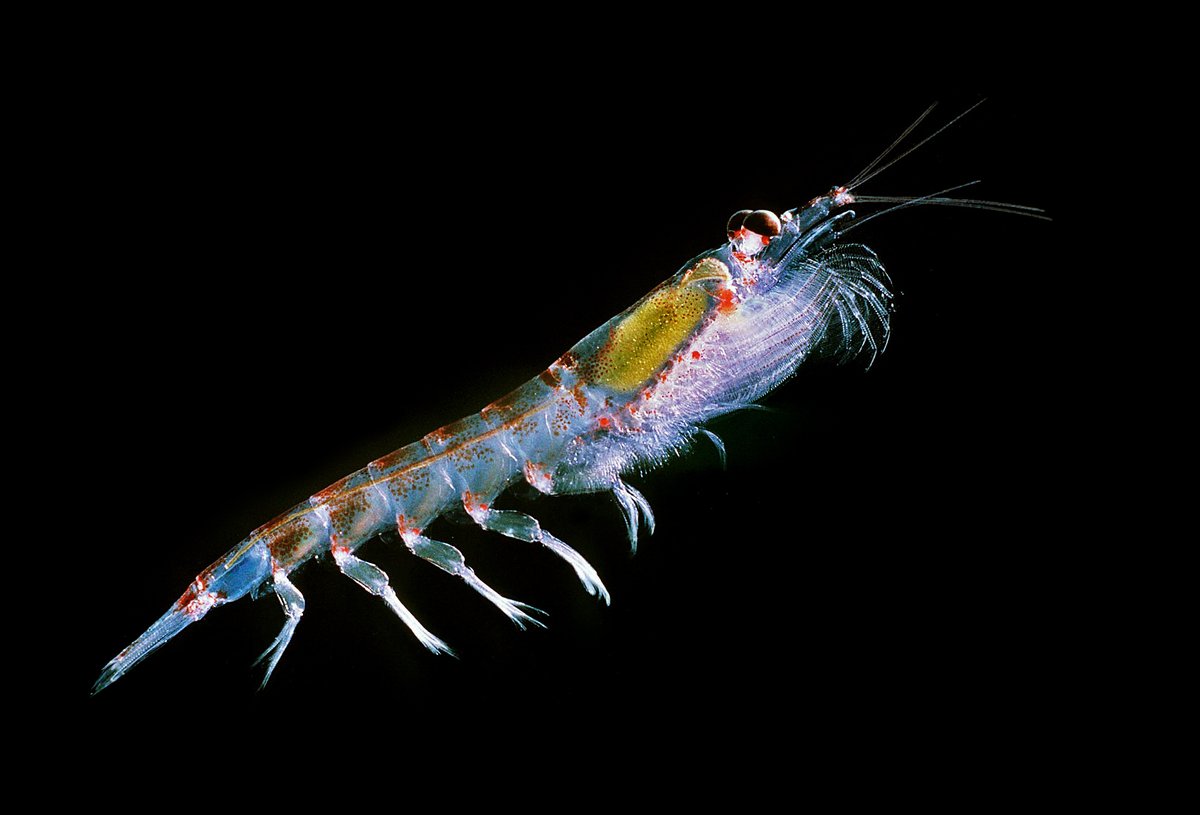
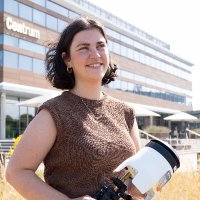
Very grateful to have been awarded the John Innes Foundation prize for Excellence in Science Communication. Especially pleased that it was alongside Becky Shaw who has always supported me in my SciComm journey 🌿
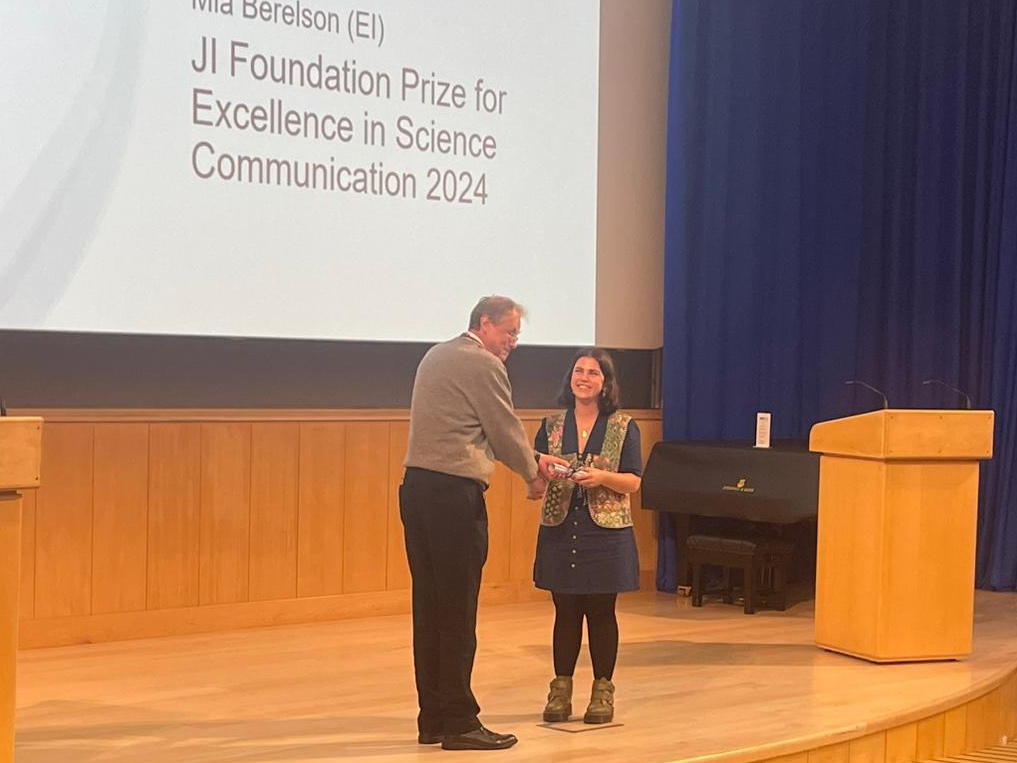


Our latest study developing a Snakemake framework for the assembly and phylogenetic analysis of mitochondrial and ribosomal sequences from genome skims of museum collections is now published in Molecular Ecology with Science at the Natural History Museum onlinelibrary.wiley.com/doi/full/10.11…





A special thank you to everyone who attended the Biodiversity Genomics Europe (BGE) hackathon in Leiden, testing the pipeline to help their efforts to barcode over 30,000 museum collections.
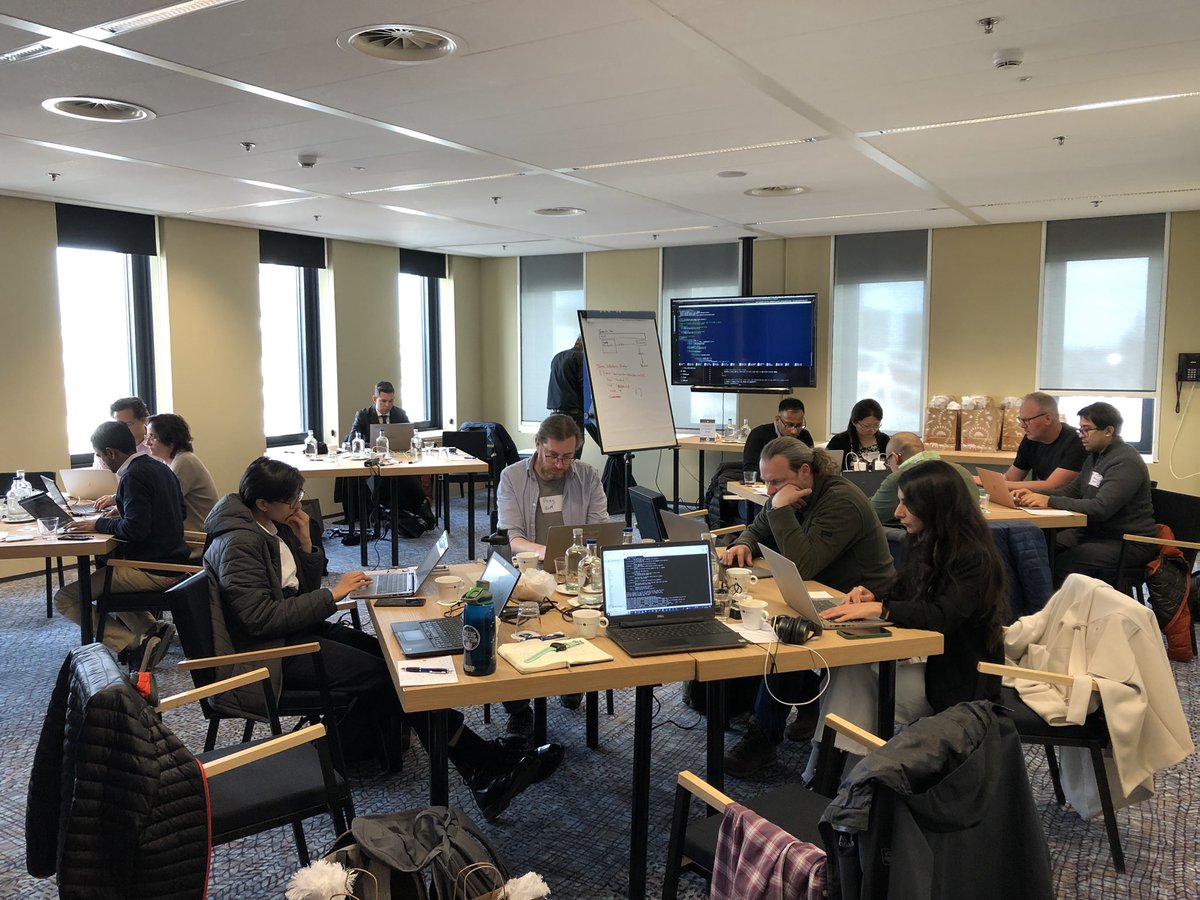


KRILLGUARD is a Natural Environment Research Council funded project that uses genome sequencing of krill and comparisons with historic specimens at the Museum to investigate the impact of climate change on this keystone species. Matthew Clark with British Antarctic Survey 🐧 and Uni of East Anglia nhm.ac.uk/discover/news/…
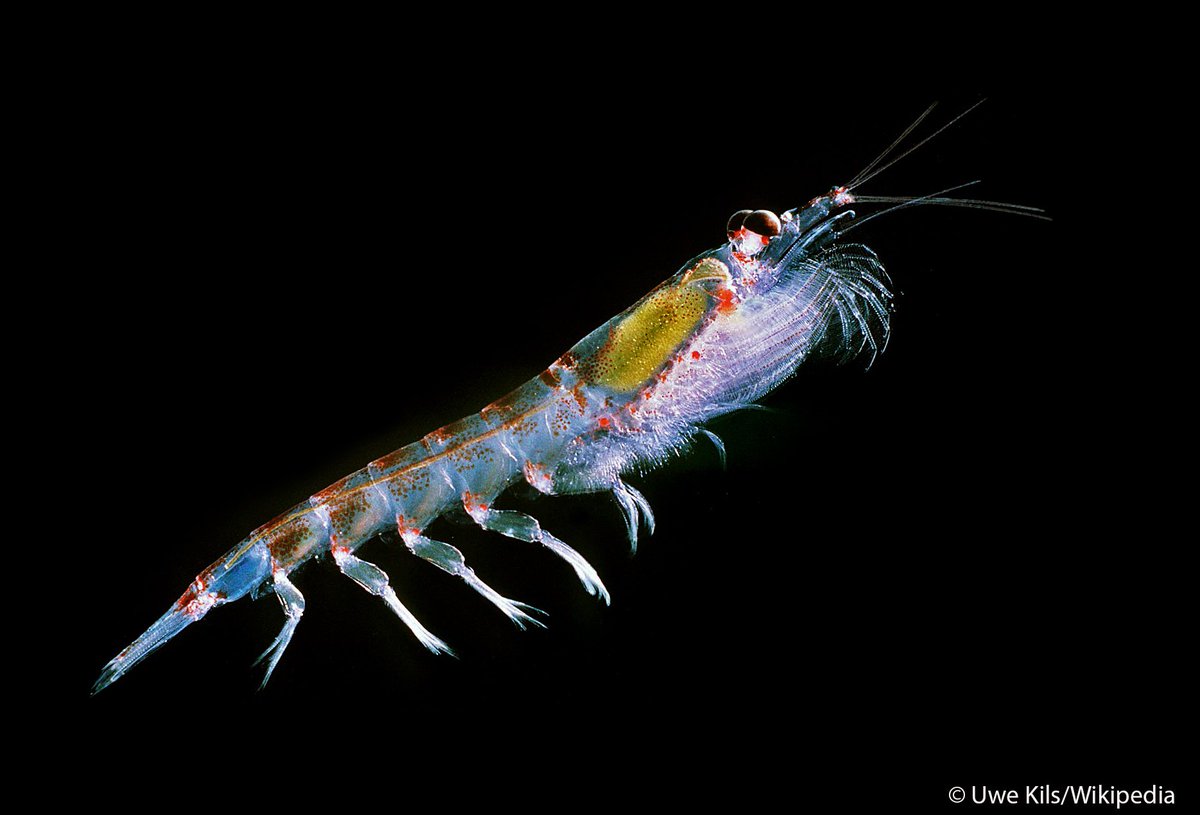

Very happy to see anna-liisa laine's & my article out in Science Magazine today! We reveal that the more a plant species invests in defense, the less potential it has for growth. All made possible by lots of public data & amazing open science contributions! science.org/doi/10.1126/sc…
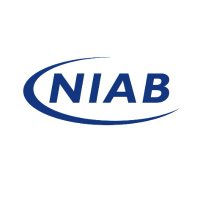

New publication on the HPC resources shared between Niab Science James Hutton Institute Science at the Natural History Museum @KewScience @RBGE_Science SRUC University of St Andrews which is more efficient and aids collaboration - funded twice by Biotechnology and Biological Sciences Research ALERT

One of the coolest exhibits at the The Royal Society Summer School! LEGO model of Oxford Nanopore sequencing! Well done Beaulieu Biology #partnershipgrants

New BBSRC Transformative Research Technologies grant funded postdoc, combining CRISPR and nanopore sequencing. Based Science at the Natural History Museum ideal for a super molecular biologist, with coI Richard Leggett bringing additional nanopore bioinformatics expertise. Apply jobs.nhm.ac.uk/Job/JobDetail?…



